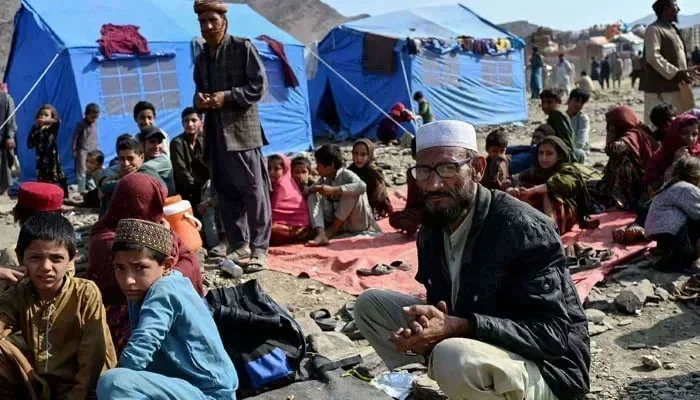ISLAMABAD: More than 200,000 Afghan nationals have left Pakistan since the country resumed its deportation campaign in April, as both Pakistan and Iran intensify efforts to reduce their migrant populations.
Successive waves of conflict in Afghanistan over the past four decades have pushed millions of Afghans into neighboring Pakistan and Iran in search of safety and economic stability. However, both host countries have become increasingly reluctant to accommodate the large migrant communities.
Pakistan has restarted a forceful repatriation effort targeting more than 800,000 Afghans who no longer possess valid documentation — including individuals born or raised in Pakistan. According to the Ministry of Interior, over 135,000 Afghans left in April, followed by 67,000 in May, and more than 3,000 in just the first two days of June.
Iran Also Steps Up Expulsions
At the same time, Iran has accelerated deportations, with the International Organization for Migration (IOM) reporting 15,675 Afghans crossing back into Afghanistan from Iran in May — a figure more than double the previous month. Iranian authorities have instructed undocumented Afghans to exit the country by July 6, a measure that could affect up to four million individuals, according to Iranian state media.
“The pressure on Afghanistan’s fragile reception and reintegration systems is mounting,” the IOM warned, urging countries to halt forced returns until conditions in Afghanistan allow for safe, voluntary, and dignified repatriation.
Ongoing Migration Crisis
Pakistan has long been a major destination for Afghan refugees, hosting millions over decades of upheaval. A major exodus began again after the Taliban regained control of Afghanistan in 2021, with hundreds of thousands seeking refuge across the border.
In 2023, Pakistan launched its initial crackdown on undocumented Afghans, resulting in a rapid exodus of over a million within weeks amid fears of detention or mistreatment.
Despite criticism from humanitarian organizations, the Pakistani government has signaled no change in its policy, insisting the removal of undocumented migrants is necessary for national security and administrative control.
The unfolding situation presents a serious humanitarian concern, as Afghanistan continues to face economic hardship, limited services, and insecurity — raising questions about the capacity to absorb returning populations.




